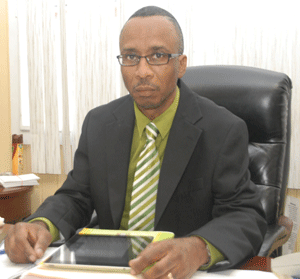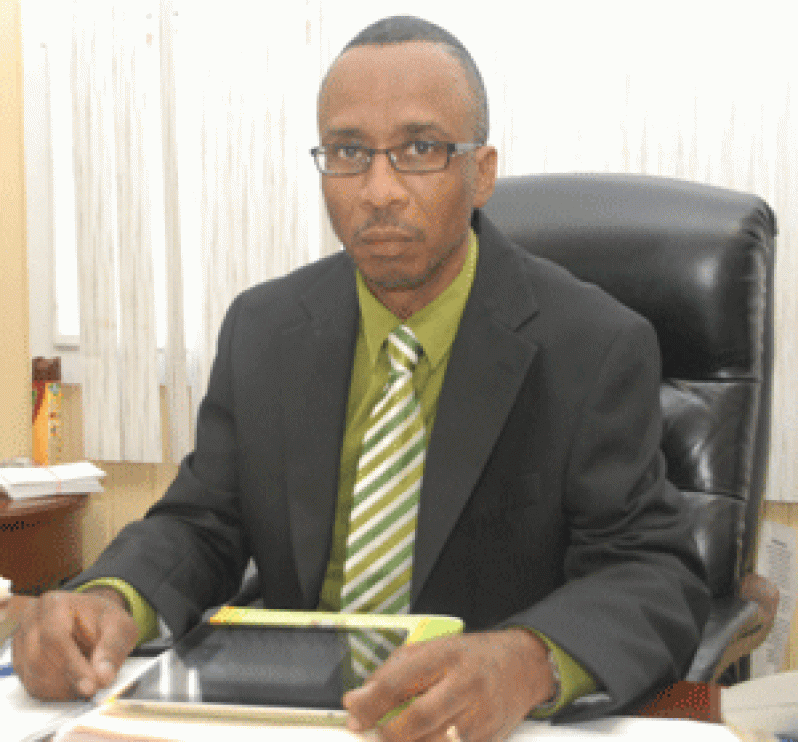ABOUT two weeks ago I was watching the U.S. news magazine programme, ’60 Minutes’ when I saw a heart-rending story – the plight of U.S. army veterans as some of them tried to readjust to civilian life. This made me think about our own men and women in the military and how they might be coping with similar problems.
As far as I know, the only war veterans Guyana would boast are the men who fought in World War II, a war that ended almost 70 years ago, while this country was still,  British Guiana, a colonial possession of Great Britain – the Guyana Defence Force has never been involved in any actual conflict, so we have no war veterans. We do however have people who would have left the army either by honourable discharge or at the mandatory but still relatively youthful retirement age of 55; these are people with very specific training who are out in a civilian world where there is little calling for those particular skills.
British Guiana, a colonial possession of Great Britain – the Guyana Defence Force has never been involved in any actual conflict, so we have no war veterans. We do however have people who would have left the army either by honourable discharge or at the mandatory but still relatively youthful retirement age of 55; these are people with very specific training who are out in a civilian world where there is little calling for those particular skills.
Before I go further, I believe it would be wise of me to cite the example of Major-General (Rtd.) Joe Singh. Singh provides both the example and the exception to the kind of image I want to detail of the post-military soldier. After his ‘retirement’ (for want of a better word) from the military, Singh has done anything but fade away like old soldiers are rumoured to: he has served as Chairman of the Guyana Elections Commission; as head of the local office of Conservational International; as CEO of Guyana Telephone and Telegraph; and is now Chairman of the Guyana Geology and Mines Commission. He serves, I’ve heard, on more boards and committees than even myself, and recently launched a book if my memory serves me correctly.
| “I’ve heard of former army officers,men who commanded men under an honourable military code,who are currently engaged in security work for questionable characters; or former up-and–coming ranks who are driving taxis,not because it is their economic activity of choice,but because they are not skilled for anything else.” |
While such a record of achievement is exemplary, and an extremely tall order by any standard, the fact that it is achievable is illustrative in itself – this is something that every private, every officer, can aspire to.
The reality however, is that, as is the case with the United States, the most powerful military force in the world, our soldiers seem ill-prepared for what we might refer to as a lateral readjustment to civilian life. I’ve heard of former army officers, men who commanded men under an honourable military code, who are currently engaged in security work for questionable characters; or former up-and-coming ranks who are driving taxis, not because it is their economic activity of choice, but because they are not skilled for anything else.
It’s my understanding that the army currently has a skills training programme along with remedial training in English, Maths, Science etc. which is comparative to that of a secondary education or even at a higher level. With no prejudice to whatever programmes may or may not currently exist, I have a basic concept of how we can best prepare our men and women in the armed forces for readjustment to civilian life. It would have two major components, the first being an internal skills diversification mechanism, and itself two-pronged.
The internal programme would focus on two areas: civil and commercial. The civil component would see an increasing focus on training and education in areas such as disaster relief, civil defence, and [civilian] human resource management. Not only would these serve to enhance the relevance of what is for all intents and purposes the equivalent of a national reserve military, but these are also skills that the individual soldier can market internationally, with disaster relief NGOs or the UN for example. The second component of the programme would be purely commercial activity-related training – accounts, marketing and, perhaps most importantly, entrepreneurship; this would provide the former soldier with the tools for either employment or entrepreneurial activity, or both if he or she so chooses.
The other aspect of the readjustment programme would be a partnership with both the public and private sectors to employ former military personnel. Years ago, in one of my articles on volunteerism, I made the suggestion that young people who take part in voluntary service should be given some form of accreditation which they could include in their resume for special consideration for employment – I believe the same basic principle is applicable to military service. The length of service and the training received can be used to form the criteria for a grading system which would afford ex-soldiers special preference when applying for jobs.
But why should so much focus be put on the military, particularly for a country that will not for the foreseeable future be engaged in any warfare? Why – some may argue – should soldiers be given special attention when they’re not realistically ever going to have to fight, and that’s what soldiers are supposed to do, right?
My view is that military service has a certain sacrosanct character – whether or not we use our military to fight in the defence of our country, the preparedness of the men and women who make that commitment in the first place, both in terms of whatever oath they take, and by virtue of the crush and rigorous training they undergo towards that commitment, make them worth special consideration.



.jpg)








